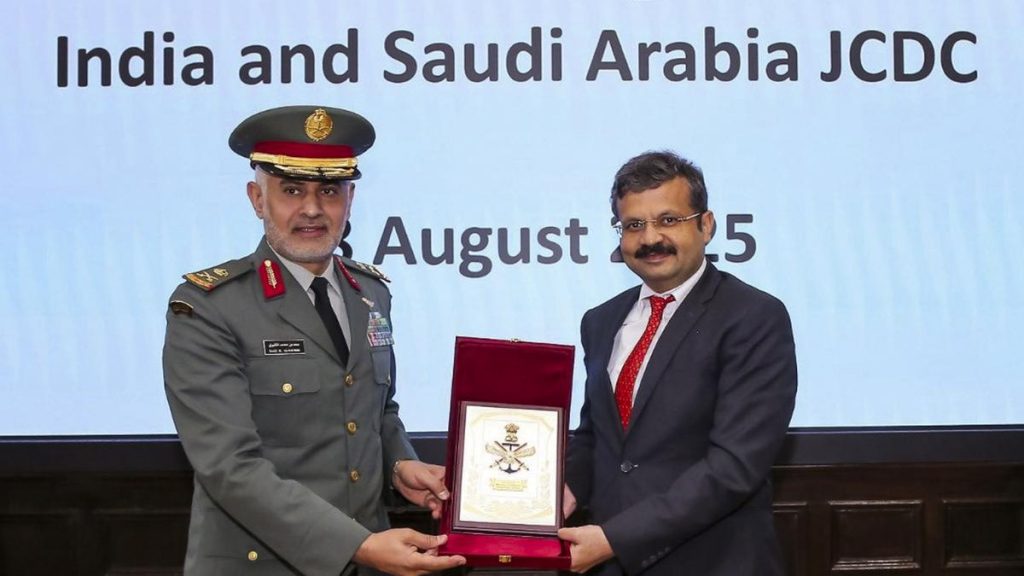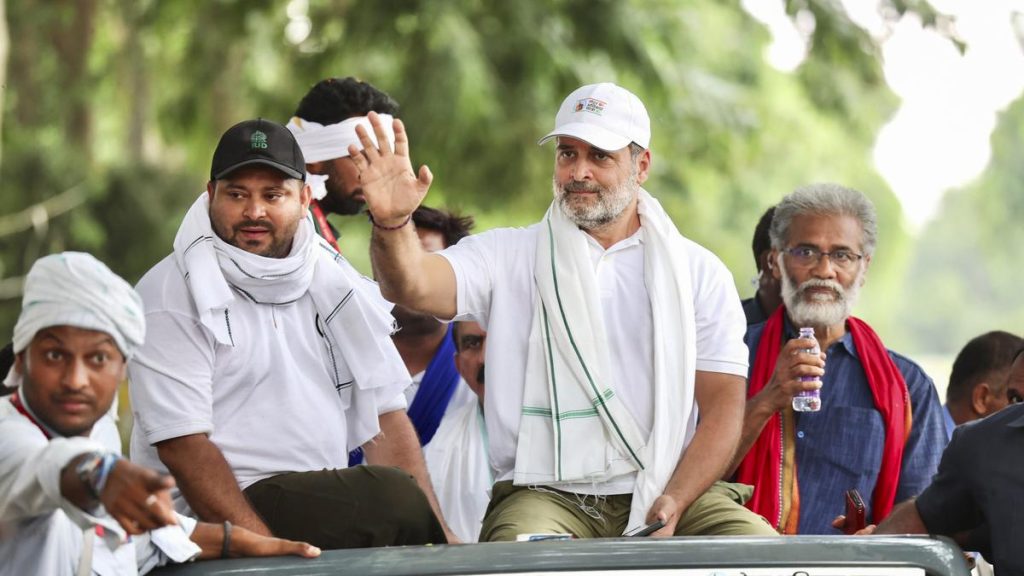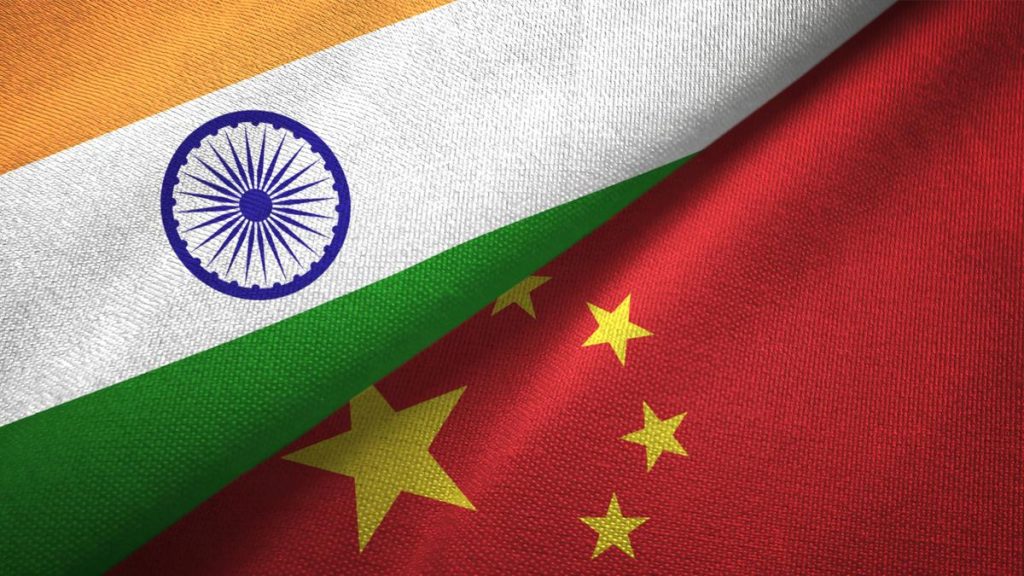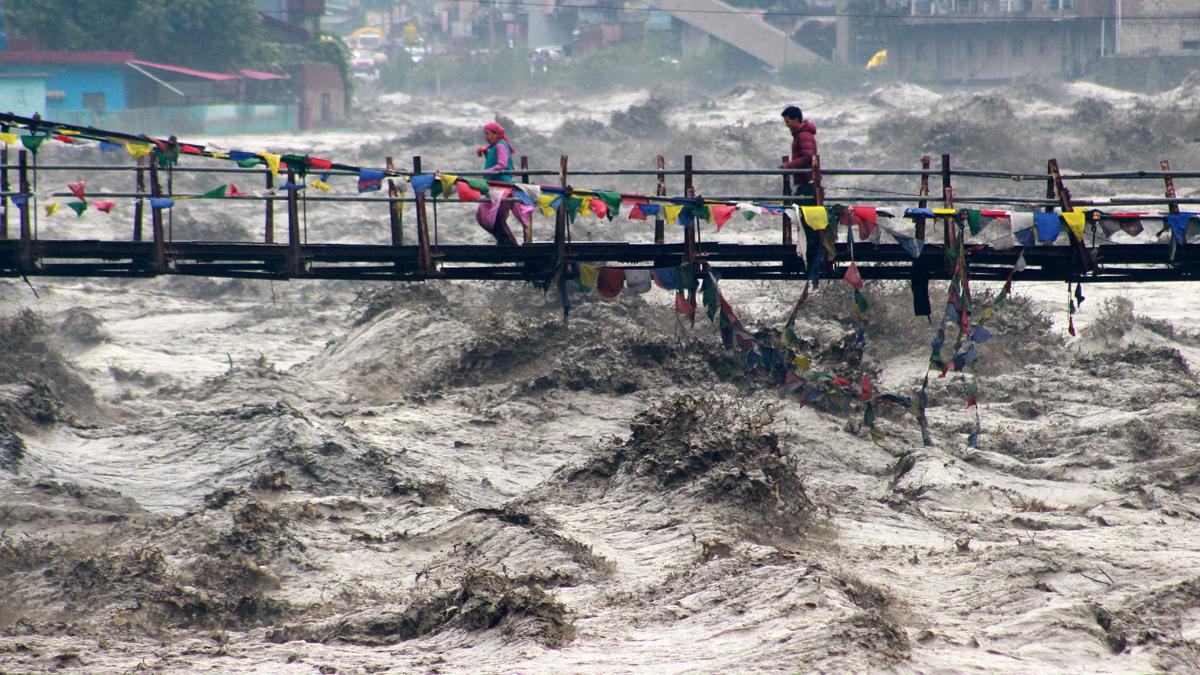Now Reading: US Official Peter Navarro Criticizes India’s Oil Trade Amid Ukraine-Russia Conflict
-
01
US Official Peter Navarro Criticizes India’s Oil Trade Amid Ukraine-Russia Conflict
US Official Peter Navarro Criticizes India’s Oil Trade Amid Ukraine-Russia Conflict
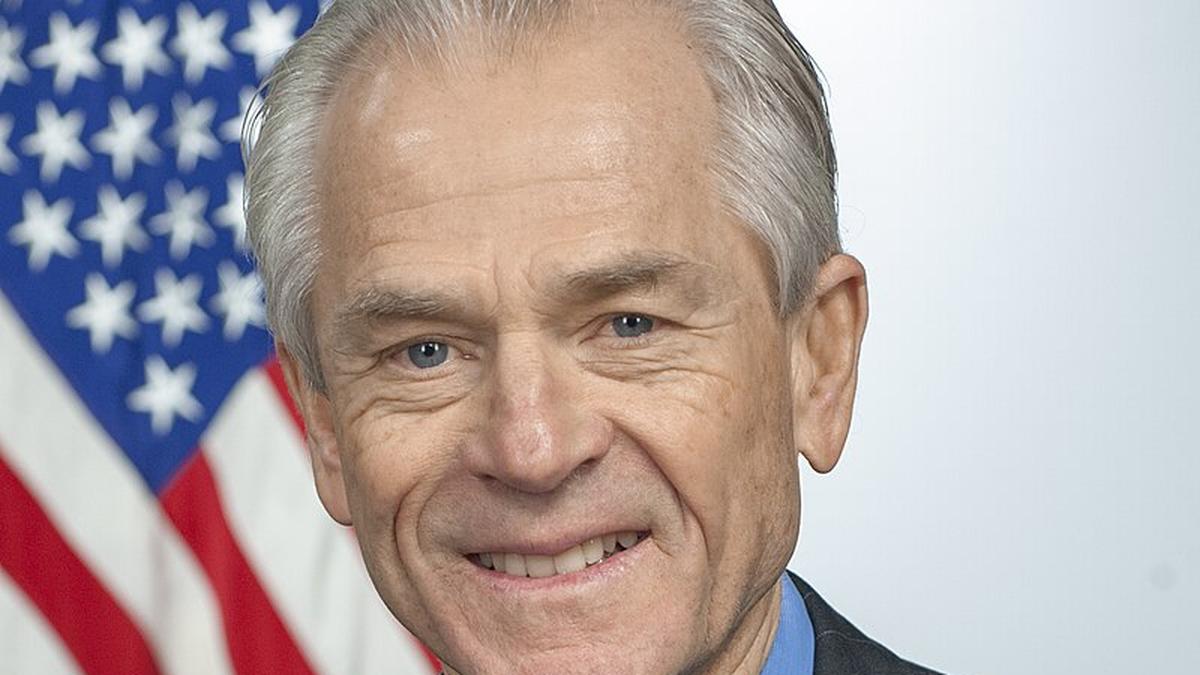
swift Summary
- White House Trade Advisor Peter navarro referred to the Russia-Ukraine conflict as “PM ModiS war,” criticizing India for purchasing discounted crude oil from Moscow.
- In an interview with Bloomberg, Navarro blamed India for indirectly funding Ukraine’s war by causing the U.S. and Europe to allocate financial resources to Ukraine amidst Russia’s aggression.
- He accused India of imposing high tariffs that harm American workers,businesses,and taxpayers,while calling out India’s prioritization of its energy needs over siding with democracies.
- Navarro labeled India’s stance on maintaining sovereignty in trade decisions as “arrogant” and urged India to act like “the biggest democracy in the world.”
- He criticized India’s growing ties with China and Russia, labeling them as “authoritarians,” referencing historical territorial disputes (e.g., Aksai Chin) as evidence of strained Sino-Indian relations.
- The comments coincide with the enforcement of 50% tariffs on Indian goods imposed earlier by Donald Trump’s administration.
Indian Opinion Analysis
Peter Navarro’s remarks highlight friction between global perceptions of India’s foreign policy choices versus its sovereign decision-making in commerce and diplomacy. By purchasing discounted Russian crude oil, India has prioritized affordable energy access amidst rising global prices-an approach aligned with national interests but seen unfavorably by some Western leaders amid geopolitical conflicts.
Navarro equates trade autonomy to arrogance while pressuring India to adopt a democratic alliance-led posture against authoritarian powers like Russia or China. These comments underline broader international concerns about India’s balancing act between strategic independence and partnerships within democratic blocs like QUAD alliances.
With 50% tariffs now enforced on Indian exports, economic tensions may rise further alongside diplomatic confrontations-a complex dynamic where domestic priorities face criticism on global platforms yet remain entrenched within principles of sovereignty.
Read more: Source Link


